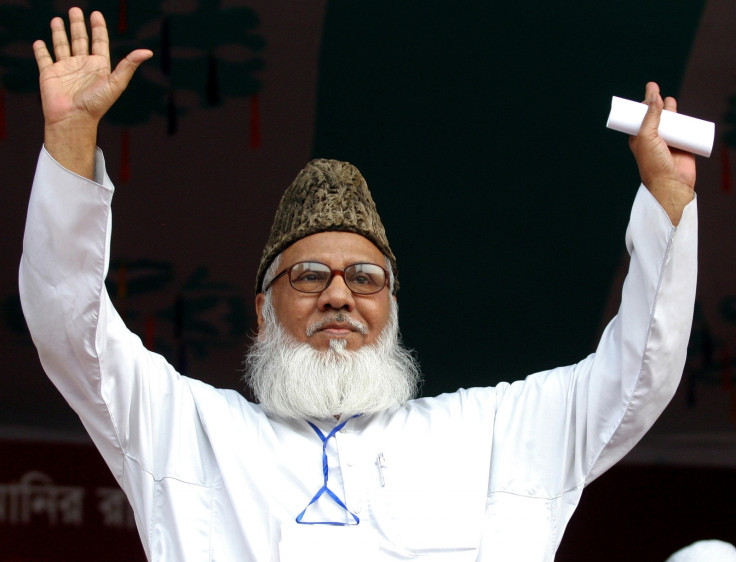Bangladesh upholds death sentence for Islamist chief on genocide, murder, rape and torture charges

Bangladesh's Supreme Court upheld a death sentence for Motiur Rahman Nizami, the head of the Islamist Jamaat-e-Islami party, for crimes including murder, rape, genocide and torture.
Nizami had appealed against the death sentence for crimes committed during the war for independence with Pakistan in 1971.
The war crimes tribunal is investigating crimes committed during the nine-month conflict, in which Pakistani forces and Islamist collaborators attacked teachers, engineers, journalists and others who backed independence.
The government claims three million people were killed, 200,000 women raped, and 10 million people displaced in the conflict. Independent researchers dispute these figures.
Critics claim the government is using the investigation to target critics, while Human Rights Watch said that the trials do not meet international standards but has called for those responsible for crimes committed during the war to be held accountable. So far 18 defendants have been sentenced to death, five to life in prison, and one to 90 years in jail.
Nizami denied committing crimes during the conflict, but he was found guilty of leading the the al-Badr pro-Pakistan militia, as it murdered professionals and intellectuals in order to "intellectually cripple" an independent Bangladesh.
Following the verdict the Jamaat party announced a general strike for Thursday (7 January), calling the charges against Nizami "false, baseless and imaginary."
"The government wants to steer the country towards terrible conflict in a planned way by killing Motiur Rahman Nizami in cold blood through its own fixed blueprint," the party said in a statement.
The guilty verdict for Nizami previously led to protests and clashes between Islamists and security services. In recent years, there has been increasing violence by radical Islamists in Bangladesh, with a series of secularist writers and bloggers murdered by extremists.
© Copyright IBTimes 2025. All rights reserved.




















